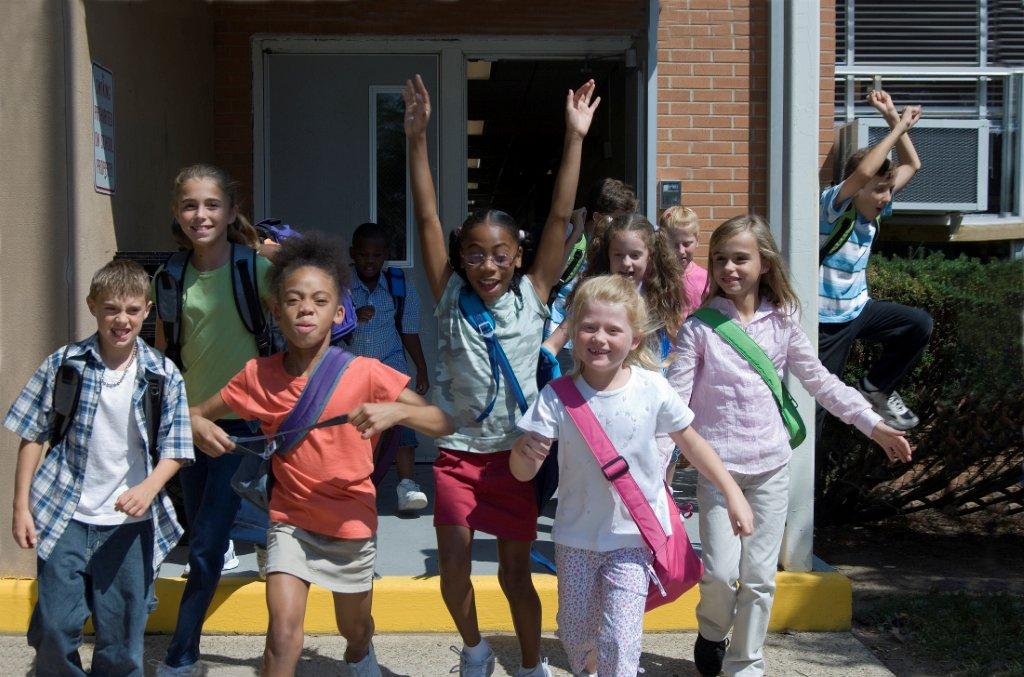
The Guardian published an article earlier this year headed with the statistic that three quarters of UK children spend less time outdoors than prison inmates, with a fifth of children partaking in no outdoor activity at all on most days. A government report from February supported this, concluding that one in nine children had not been in a predominately natural environment for more than a year. UN guidelines stipulate that prisoners must have ‘at least one hour of suitable exercise in the open air daily.’ The survey on how much children are outdoors, gathered form 2,000 parents of 5-12 year olds, found that 74% spend less than an hour outside daily.
The findings have alarmed health experts, who fear that a lack of active play could damage the development of children, both mentally and physically. The increasing issue of childhood obesity and mental health concerns in young adults are undoubtedly connected with a lack of exercise and time in green spaces. Sir Ken Robinson, an educationalist and advisor to Unilever, stated on the need for children to be outdoors that:
“It is essential to their healthy growth and progress, particularly during periods of rapid brain development. We must place adequate importance on play now, so that our precious children grow up into successful, well-rounded and happy adults.”
The majority of parents polled stated that their children had fewer opportunities to play outside than they did, but many deny outdoor play opportunities through fear or are simply too busy to facilitate it. Mark Sear of The Wild Network, argues that ‘we are enclosing our children’ and ‘stifling their ability to be free.’ This was echoed by environment secretary Liz Truss who called for children to ‘be climbing trees, not the walls,’ and promised that every child would visit a national park. This government initiative is designed to connect children with nature and will see over 60,000 young people undertake such visits in 2017/18. Currently only 10% have access to outdoor learning.
The Wildfowl and Wetlands Trust published a study in March which suggested that although children from poorer backgrounds were often less interested than their more affluent counterparts in nature, this was overcome by just one day of outdoor learning.
“Young kids that learn and play outside get direct experience of weather and the seasons and wildlife – things that are only possible outdoors – and they get to assess risks, solve problems and develop creativity,” said Lucy Hellier, WWT learning project manager.
HandsamSchoolTripsAdvisor can help you buck the trend with our list of top rated outdoor destinations and comprehensive trip planning system.



